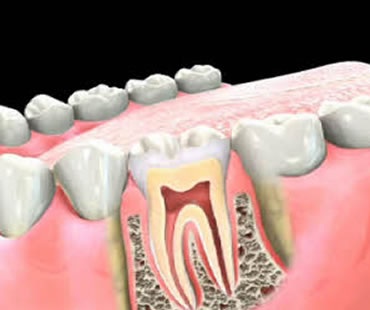All dentists receive training in endodontic treatment in dental school. However, an endodontist is a dentist who specializes in saving teeth through therapies involving the inner tissue, or pulp, of the teeth. While your general dentist can perform root canal procedures, you may want to consider finding a qualified endodontist to work in collaboration with your dentist for root canal treatment.
What is so special about an endodontist? After completing four years at an accredited dental school, an endodontist will have also completed two or more years of advanced training in endodontics. They study root canal treatments and therapies in greater detail, making them experts in diagnosis and treatment.
Once in practice, an endodontist will perform an average of 25 root canal procedures per week, where a general dentist may perform two or fewer root canal procedures in the same timeframe. The more procedures an endodontist performs, the more experience and expertise they can offer you. This specialization also translates to less time in the dental chair, as an experienced endodontist will be more precise and efficient with root canal treatment.
A qualified endodontist will be more up-to-date on recent advances in endodontic therapy. They can offer the safest and most state-of-the-art technology to treat patients quickly and comfortably. Digital imaging, operating microscopes, fiber optics and ultrasonic instrumentation are all utilized to make root canal treatment safe, efficient, and comfortable.
If you are considering root canal treatment to save a tooth from extraction, ask your general or family dentist for a referral to a qualified and experienced endodontist.




